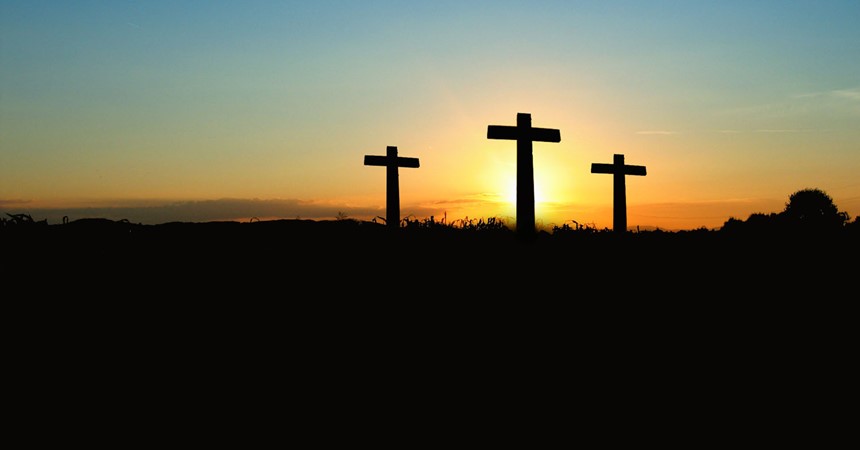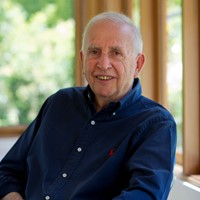And Australia? In the last census, 61 percent ticked “Christian”, and it was a long way to the second on the list - Buddhism (2.5 percent), then Islam (2.2 percent). Our fastest-growing religion is Hinduism, currently below 2 percent but likely to overtake both Islam and Buddhism, as it already has in New Zealand.
Two recent national surveys show that about 68 percent claim to believe in God or “some higher power”, so you’d have to say Australia is a generally theistic society, and strongly Christian, at least in its heritage. But when it comes to churchgoing, the picture is very different: only eight percent of Australians now attend church weekly, about 15 percent attend once a month or more often, and 25 percent at Christmas and Easter. So most never attend church − not even for a wedding (70 percent of our weddings are now conducted on non-church premises).
Anyone looking at those figures and drawing the conclusion that religion is on the way out would be ignoring the lessons of history. Religious observance may wax and wane but, in every culture, every civilisation in human history, religion has played an important − and often a central − role. (Even in contemporary Australia, enrolments at church schools have been skyrocketing.)
That’s because of what religion offers people − and not just better health, though there is plenty of research that demonstrates the health benefits of religious faith and practice. Actually, the reported health benefits point to one of the three great attractions of religion − the power of belonging. We know that being part of a functioning community is one of the most important contributors to mental health, and the powerful sense of belonging engendered by membership of a faith community is a prime example of that.
But there’s also the power of faith itself. “Faith can move mountains,” we’re told. Perhaps it can’t literally move mountains, but it can certainly inspire and motivate people to do all sorts of remarkable things. The prominent positive psychologist, Martin Seligman, has long argued that faith in something larger than ourselves is the one essential prerequisite for developing a sense of meaning and purpose in our lives.
Then there’s the power of those grand narratives that are central to every religion − narratives that, like faith itself, have the power to inspire and move us. For Christians, there are all the Old Testament stories, plus the virgin birth, resurrection and miracles that are central to the culture of Christianity.
Some people choose to regard those stories as being literally, historically true; others respond to the metaphorical power of the stories − the truth in the stories, rather than the truth of the stories.
Either way, such stories continue to be told, from generation to generation, precisely because they contain “inner meanings” − beyond the literal − that carry the core messages of the Christian faith.
Given all the benefits that flow from religious faith and practice, why has religion been in such sharp decline in countries like Australia?
Three reasons: first, the culture has been bombarding us with propaganda that says we are all entitled to be rich and happy, so the messages of religion about the need for self-sacrifice, kindness and compassion have been rather swamped by the messages of materialism and individualism.
Second, churches have not always behaved well − not only on an institutional scale, but at the local level as well. Many people have left because they felt insulted, bored, ignored, excluded or judged (or, for many women, because they were still being treated as second-class citizens).
Third, the churches’ emphasis on dogmatic beliefs has created a barrier between a more educated and sceptical society and the imaginative possibilities of faith. Many people have been turned off by the prescriptive, institutionalised nature of so many beliefs promoted by the churches as essential to faith.
But the search for meaning goes on. Inside the churches, many Christians are rethinking their attitude to religious dogma and, indeed, their understanding of God, often moving away from the supernatural and external, towards a more internal and spiritual idea of God as the spirit of lovingkindness within and among us.
Beyond the churches, we are seeing the rise of the SBNR movement − “spiritual but not religious” − among people who, while rejecting institutional dogma, still wish to nurture their spiritual lives. For them, the very essence of spirituality is that, because we are all part of a greater whole, we should therefore treat each other only with kindness and respect.
Those journeys may be different, but their goals are the same. Beyond specific beliefs, we may discover that people of good will, whether on a religious or SBNR pathway, all want a better world and have remarkably similar views about how to achieve it.
Everyone is entitled to believe what they choose, but perhaps we should be focusing more on the common ground that unites us, rather than the dogma that divides us.
Hugh Mackay is the author of many books, most recently Beyond Belief. You may wish to visit his website. Aurora has a copy of Beyond Belief to give away. Post an envelope with your name and postal address on the back to The Editor, “Beyond Belief”, PO Box 756 Newcastle 2300 before 11 November.




























































































